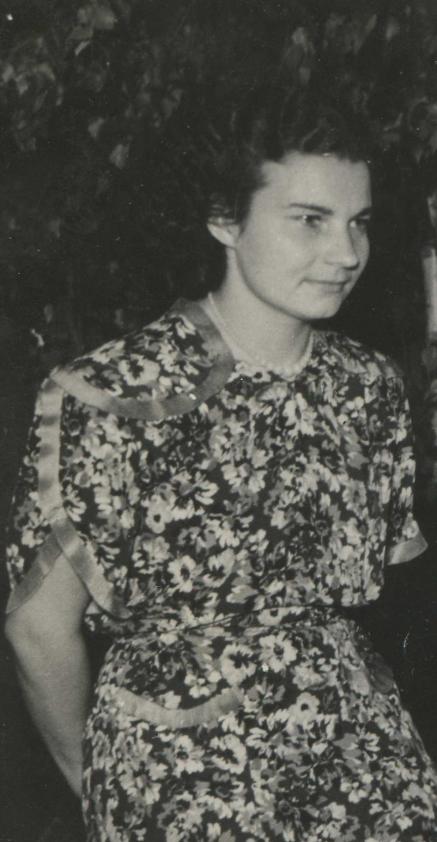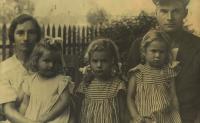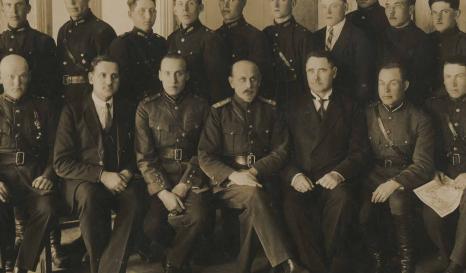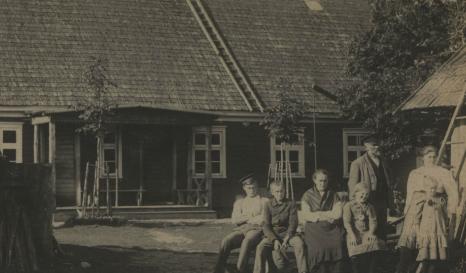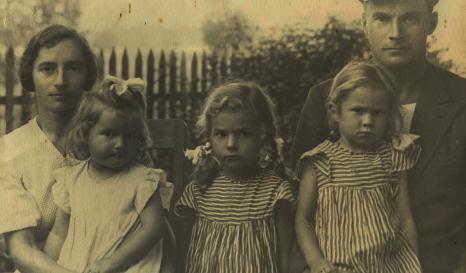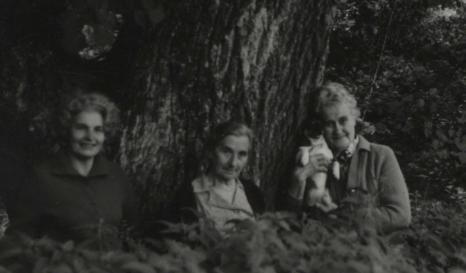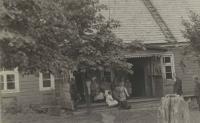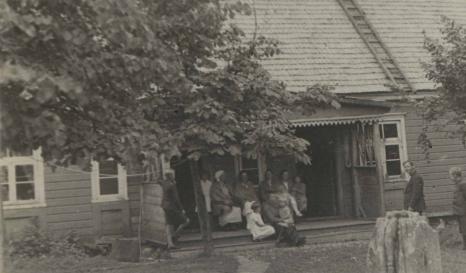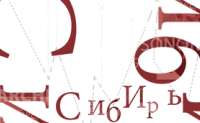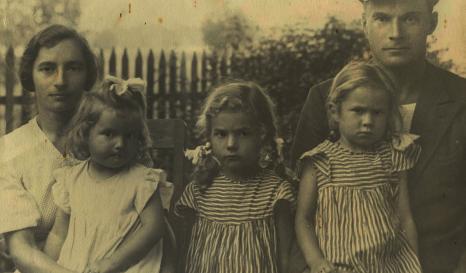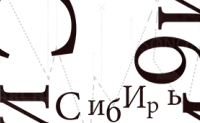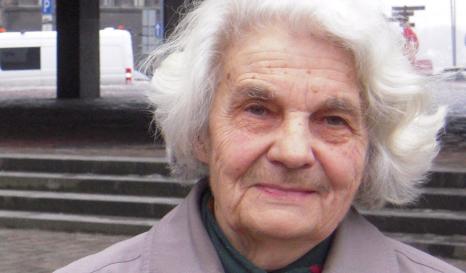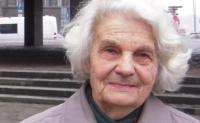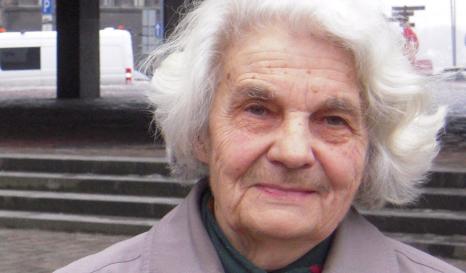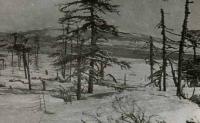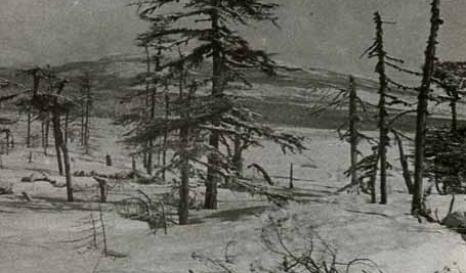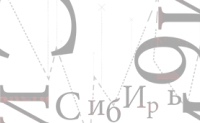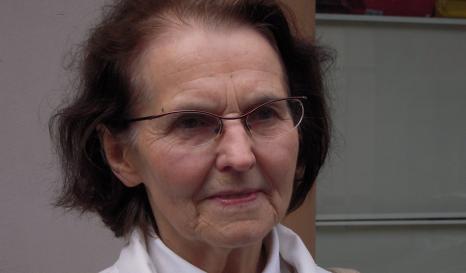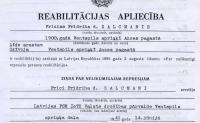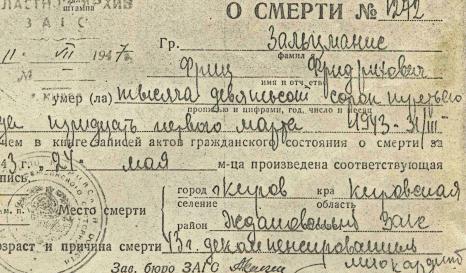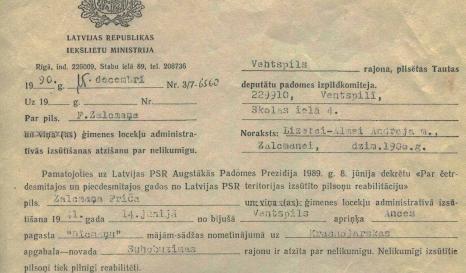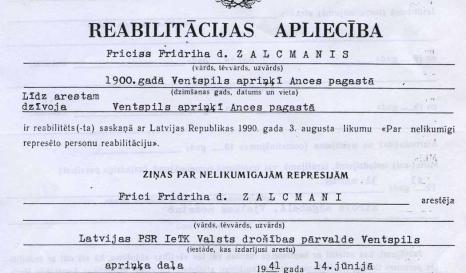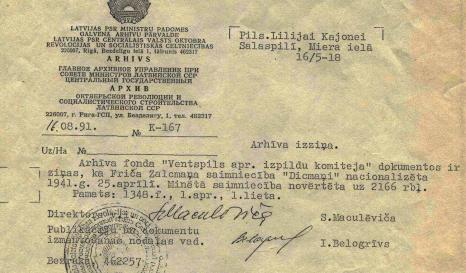BioGraphy
Lilija KAIJONE
Lilija Kaijone was born in 1932, the daughter of a local historic leader of the Aizsargi, a paramilitary organisation formed during the Latvian war of independence that back the authoritarian regime of Kārlis Ulmanis (1934-1940). The hierarchy of the organisation was soon targeted by Soviet repression and Lilija’s family were evicted from their home.
On 14 June 1941, the family was arrested and separated. Her father was sentenced to forced labour and did not survive. Lilija, her mother, brother and sisters were deported to the Krasnoyarsk region. Her little brother died there, her mother and the three girls suffered hunger and illness. In 1946, Lilija and her sisters were allowed to return to Latvia, as part of a measure concerning Latvian and Estonian orphans and half-orphans, and were fostered by their aunt. Lilija went back to school, and then on to the faculty of philology. She worked as a cleaner in a theatre, then as a librarian and archivist. Her mother returned in 1957 under the amnesty for all the special settlers.
This interview with Lilija Kaijone was conducted in 2009 by Juliette Denis and Alain Blum, with her sister Austra Zalcmane.


